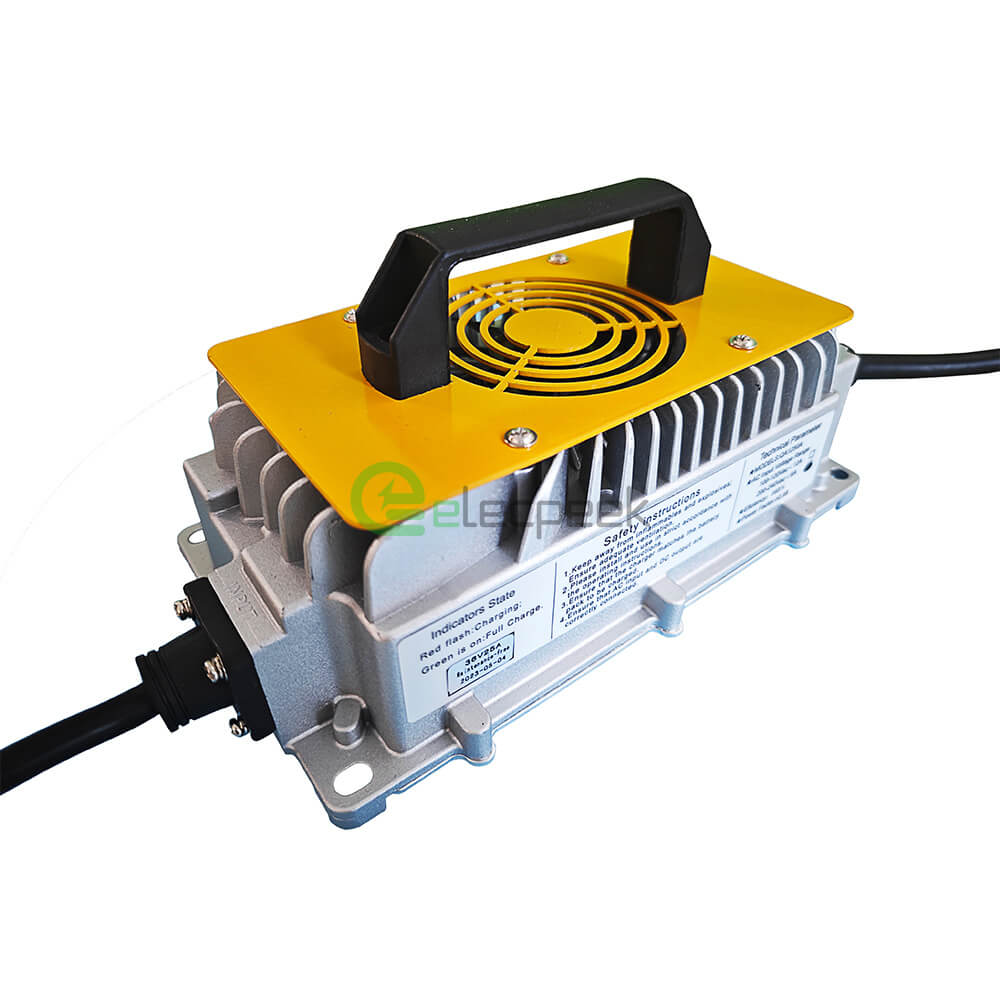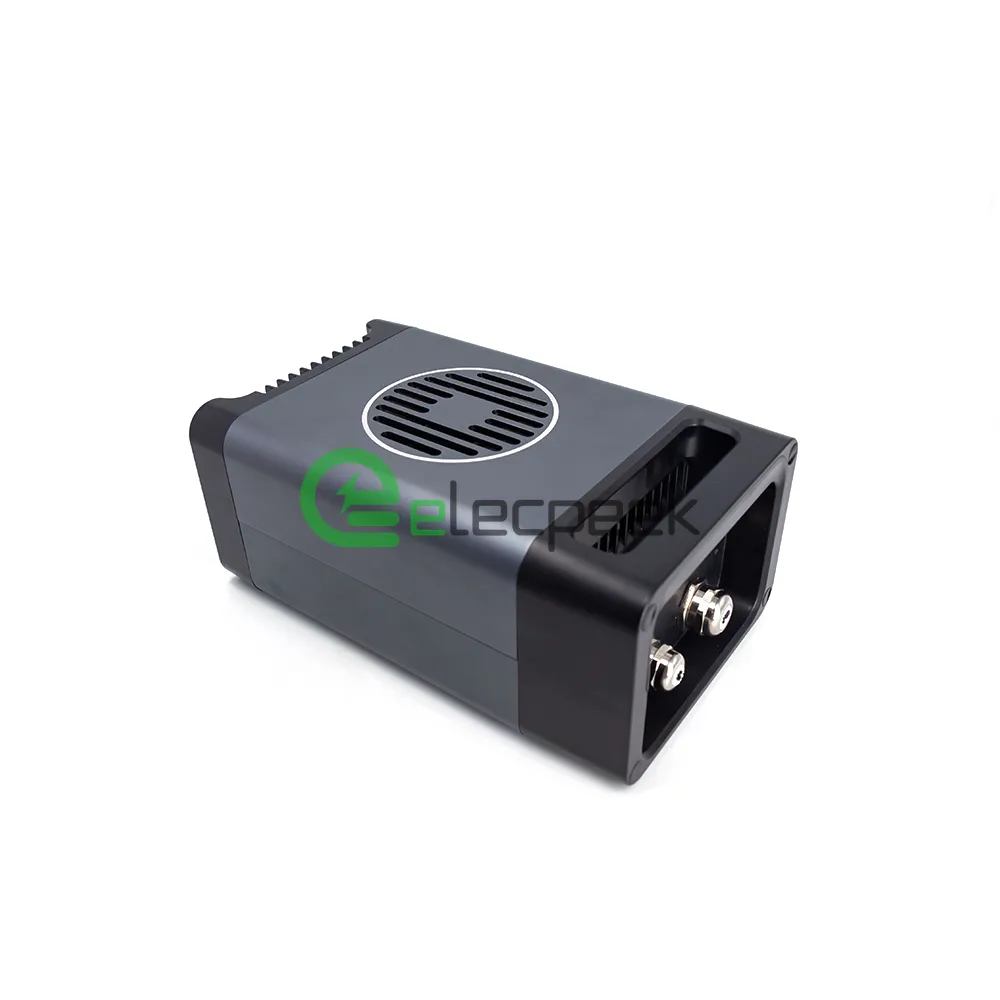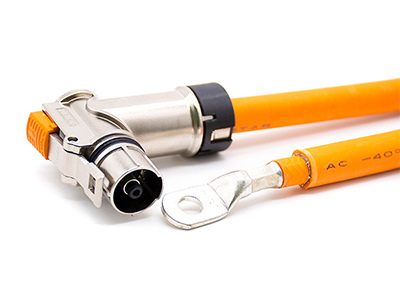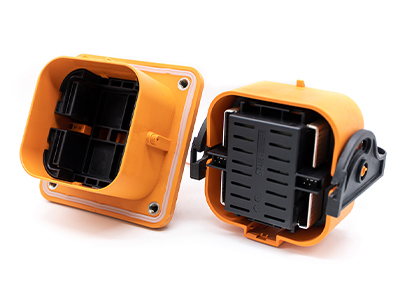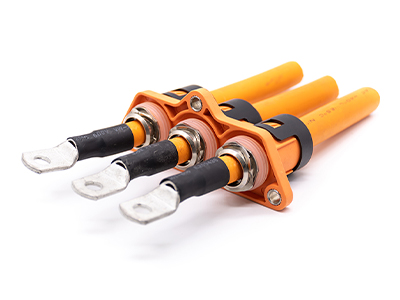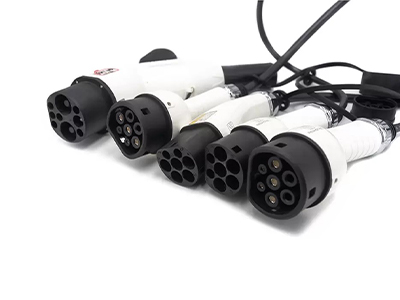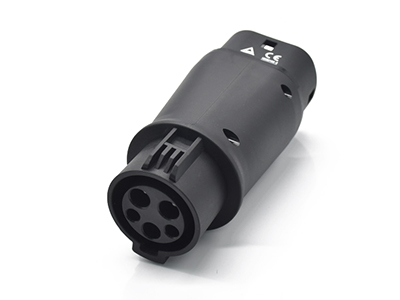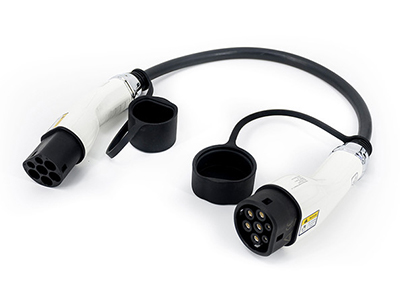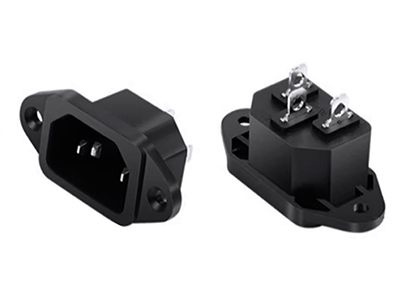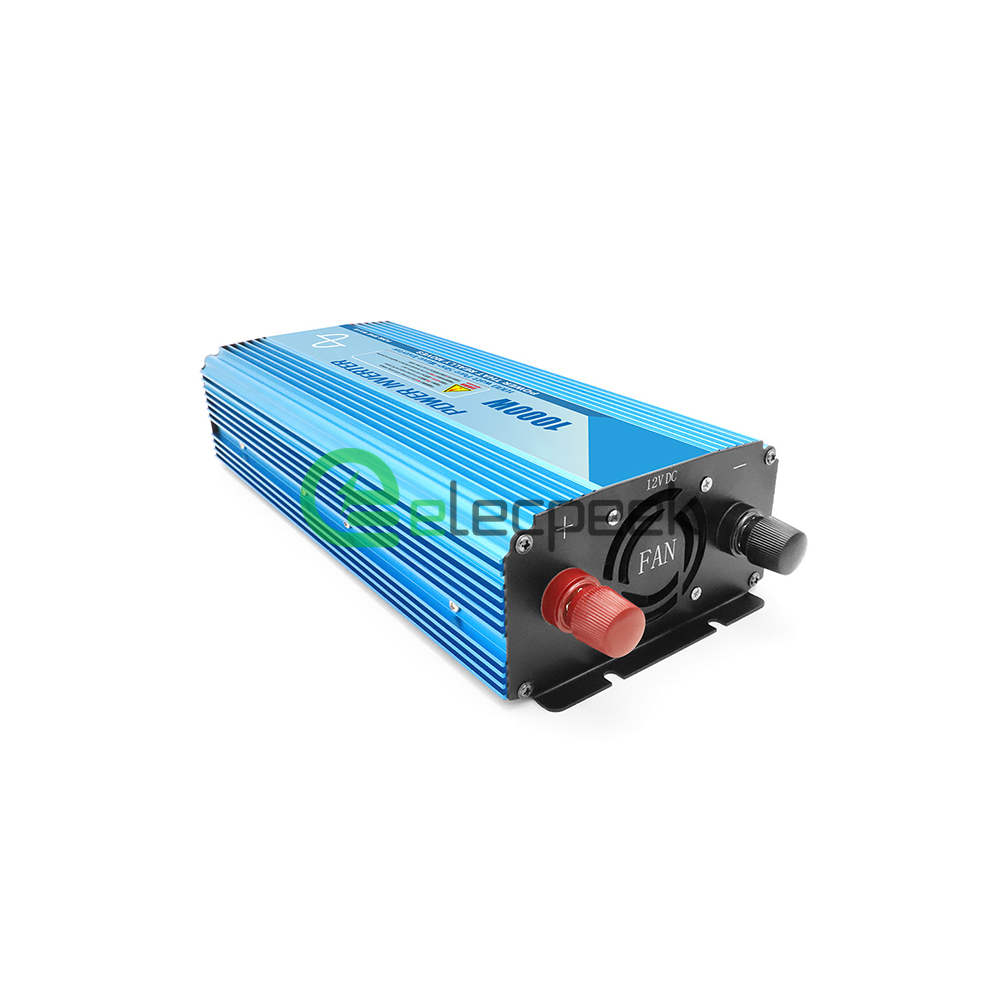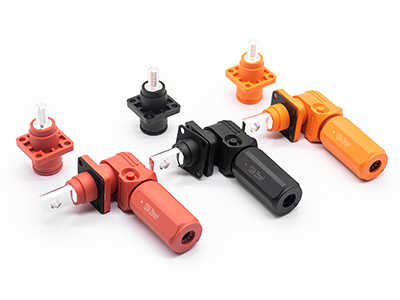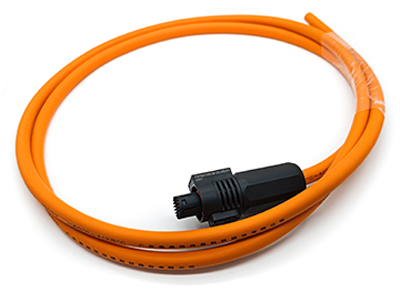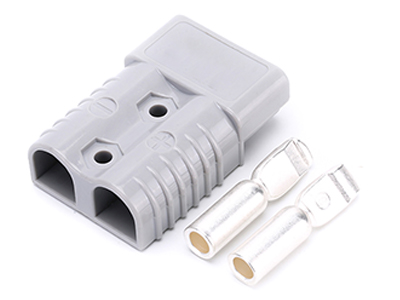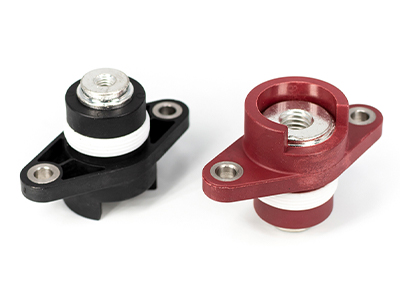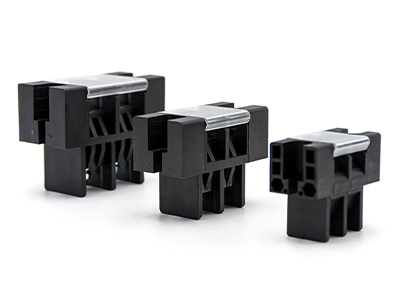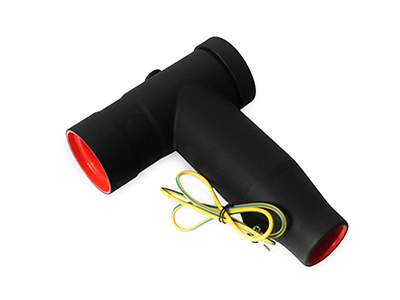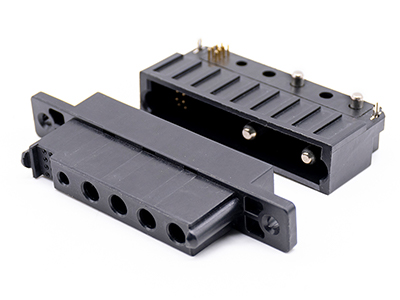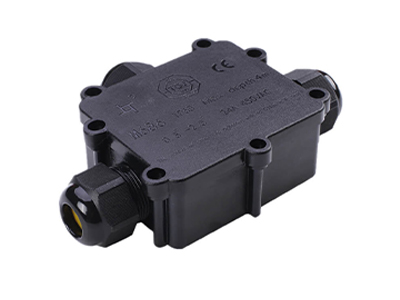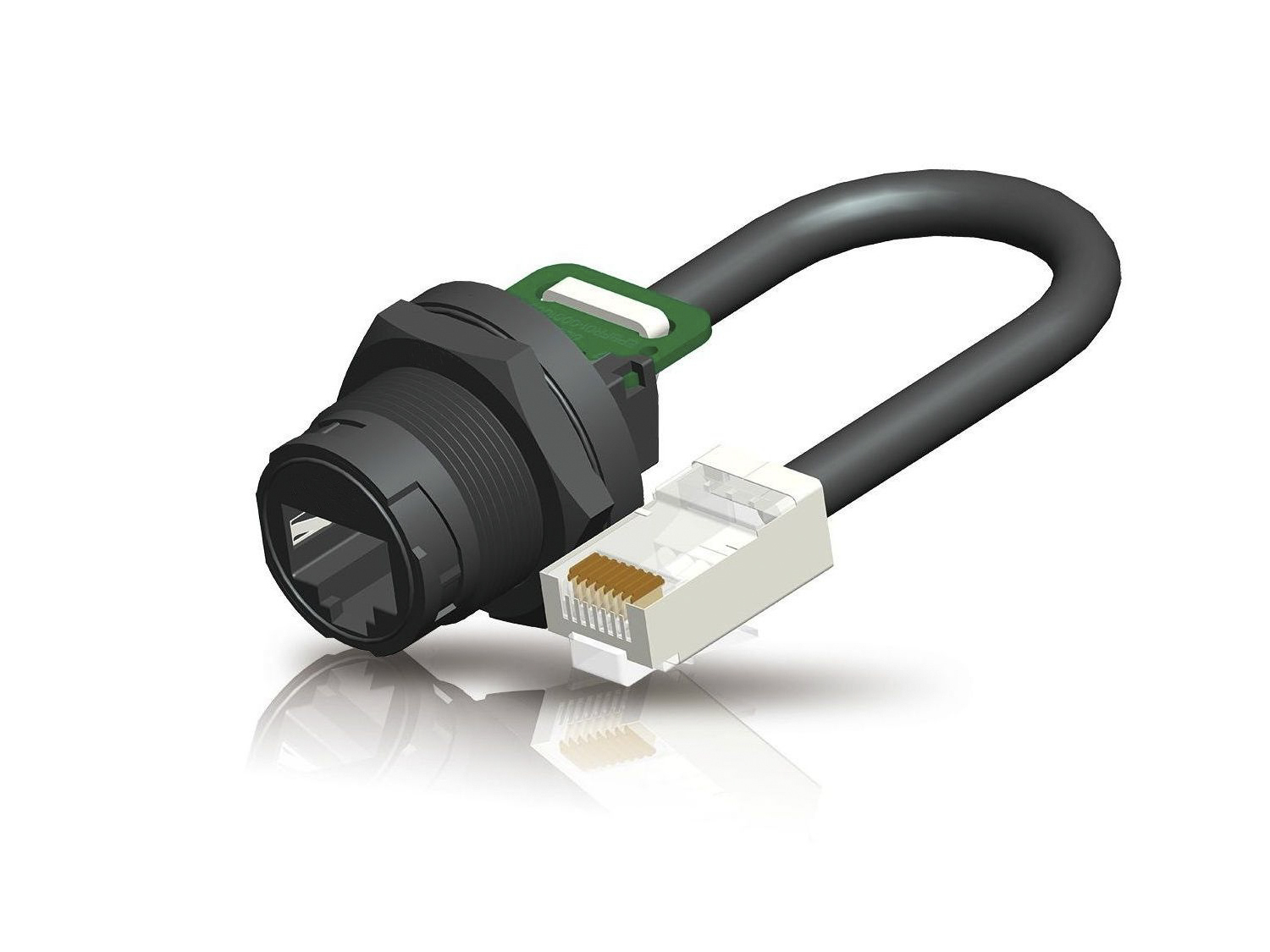News
Can actual voltage be higher than rated voltage for connector?
In most cases, the answer is no. Exceeding the rated voltage for a connector can cause damage to the connector and pose a safety hazard. When the voltage exceeds the rated voltage, the electrical energy can cause the connector to heat up, which can result in melting, arcing, and other dangerous conditions.
Furthermore, when the actual voltage is higher than the rated voltage, it can also cause damage to the connected devices, such as wires and circuits. In some cases, this damage can result in a complete loss of functionality, requiring costly repairs or replacement.
The Importance of Understanding Voltage Ratings for Connectors
In electrical engineering, connectors play a critical role in ensuring a safe and efficient flow of electricity. One key aspect of connector design is the voltage rating, which is the maximum voltage that the connector can safely handle. In this article, we will explore the question of whether actual voltage can be higher than rated voltage for a connector, and the implications of exceeding the rated voltage.
What is a Connector Voltage Rating?
A connector voltage rating is the maximum electrical voltage that a connector can handle safely. This rating is determined by various factors, such as the materials used in the construction of the connector, the design of the connector, and the intended application of the connector. The voltage rating is a critical factor in ensuring that a connector can safely handle the flow of electricity without posing a hazard to people or equipment.
The Implications of Exceeding the Rated Voltage for a Connector
Exceeding the rated voltage for a connector can have serious implications, including:
- Safety Hazards
When a connector is subjected to higher than rated voltage, it can pose a safety hazard. The increased electrical energy can cause the connector to heat up, creating a fire hazard. In addition, the connector can also produce sparks and arcs, which can pose a shock hazard. - Damage to Connector and Connected Devices
Exceeding the rated voltage for a connector can cause damage to the connector itself and the connected devices. This damage can range from minor cosmetic issues to serious structural damage, which can render the connector or connected devices unusable. - Increased Maintenance Costs
When a connector is damaged due to exceeded voltage, it may need to be repaired or replaced. This can result in increased maintenance costs and decreased productivity. - Decreased Reliability
Exceeding the rated voltage for a connector can also result in decreased reliability, which can impact the overall performance and functionality of the system.
Ensuring Safe Voltage Levels for Connectors
To ensure that connectors are used safely and effectively, it is important to ensure that the actual voltage levels are within the rated voltage for the connector. This can be achieved in several ways, including:
- Using the Right Connector for the Application
Choosing the right connector for the application is critical to ensuring that the voltage levels are within the rated voltage for the connector. It is important to select a connector that is designed for the specific voltage levels and intended use. HVIL Connectors meet all daily high voltage needs and can effectively avoid the effects of exceeding the rated voltage of the connector. - Proper Installation and Maintenance
Proper installation and maintenance of connectors is also essential to ensure that they are functioning safely and effectively. This includes regular inspections and maintenance to ensure that connectors are not damaged or worn, and that they are properly connected and tightened. - Using Voltage Regulators and Protectors
Voltage regulators and protectors can be used to ensure that the voltage levels are within the rated voltage for the connector. These devices can help prevent damage to connectors and connected devices by limiting the voltage to a safe level.
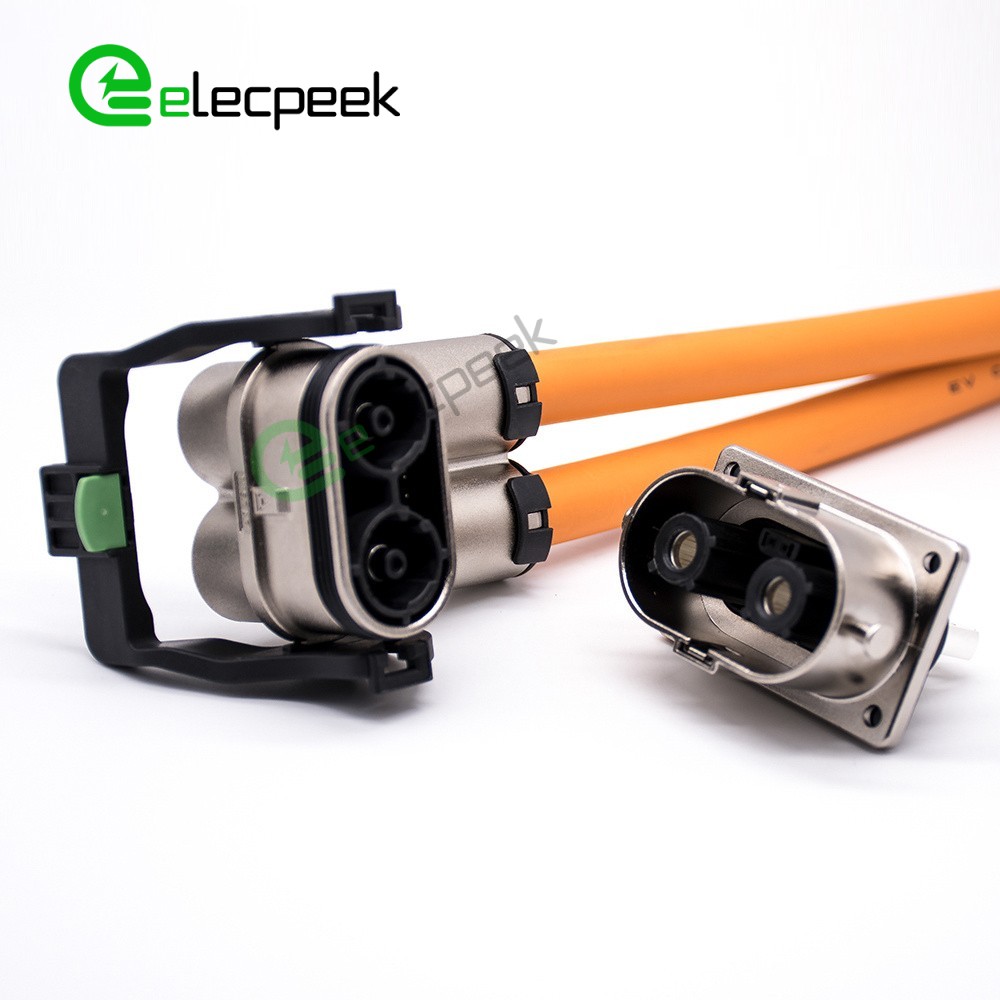
In conclusion, understanding the voltage rating for connectors is critical to ensuring safe and efficient use of electrical systems. Exceeding the rated voltage for a connector can result in safety hazards, damage to the connector and connected devices, increased maintenance costs, and decreased reliability. To ensure safe voltage levels for connectors, it is important to choose the right connector for the application, practice proper installation and maintenance, and consider using voltage regulators and protectors. By understanding the importance of connector voltage ratings and following proper guidelines, you can ensure that your electrical systems operate safely and efficiently.


